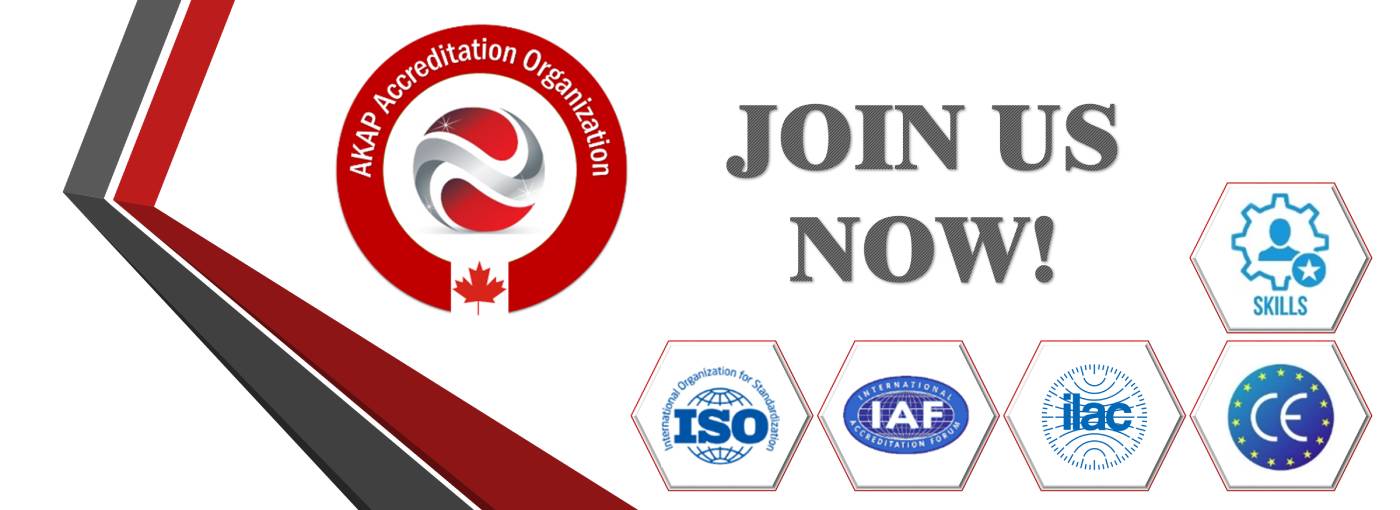AKAP Accreditation Organization

Accreditation is formal, third-party recognition that an organization is competent to perform specific tasks – the work for which they are accredited.
Accreditation can be voluntary or mandated by the government. It is a continuous quality improvement process to demonstrate that internationally and/or nationally prescribed standards have been met.
Accreditation literally means: giving confidence. We shouldn’t blindly trust to the quality of products and services is correct. All of this is only possible when certificates and reports substantiate what is being claimed.
In today’s world of advanced technologies and uninterrupted services, you should not have to deal with inefficient, time-intensive accreditation processes. If you can not deliver on-time quality services in accordance with the standards, requirements, conditions, and regulations approved by local, national, and international authorities and stakeholders, your business will be impacted.
International standards primarily focus on assessment bodies’ expertise, impartiality, independence, and improvement culture. Organizations that meet the standards receive formal accreditation, which means they are permitted to use the accreditation mark. Certificates and reports provided with this mark are accepted worldwide in most countries and accreditation promotes international trade.
The AKAP grants accreditation for a specific sphere of work on the basis of a specific, determined method. This is logical because expertise plays a big role. In accreditation, this is called the ‘scope’. This defines what is and what is not covered by accreditation. The fact that an organization is accredited really says something in combination with the scope for which the accreditation has been issued. Just compare it for convenience’s sake with a driving license: you cannot drive a bus if your driving license is only valid for driving motorcycles.
Trusting the quality of products and services plays a prominent role in our daily lives, whether it concerns a drinking water company that supplies our drinking water, a lift inspector who checks the safety of a lift, a doctor who arranges for our blood to be tested or a local authority that issues planning permission. There is a question of whether the requirements being met are relevant in all cases.
Accreditation ensures that our trust in products and services is justified. That is extremely important, especially when it concerns products and services that involve safety, health, and environmental risks such as pressure vessels, pleasure craft, asbestos, soil sampling, and building products. It is for a good reason that the law stipulates that in some of these areas, these assessments must be performed by accredited bodies. However, organizations are increasingly choosing to accredit other assessment activities they undertake as well, for example in the field of sustainability and working conditions. Consequently, this continuously extends the scope of our work.